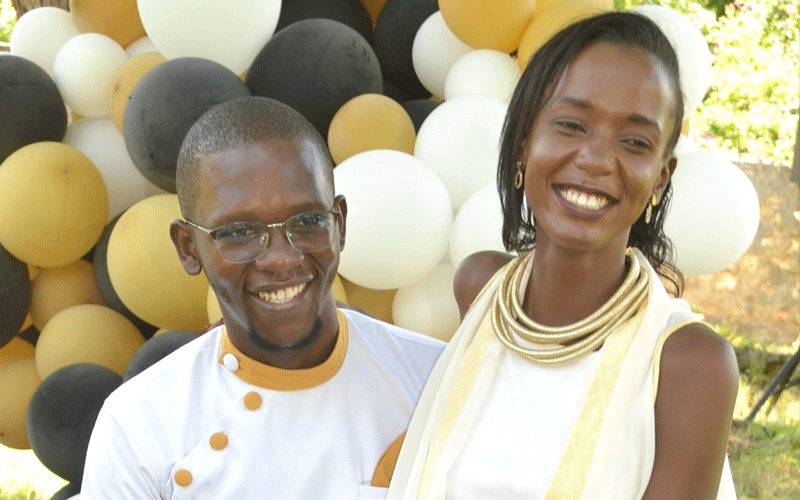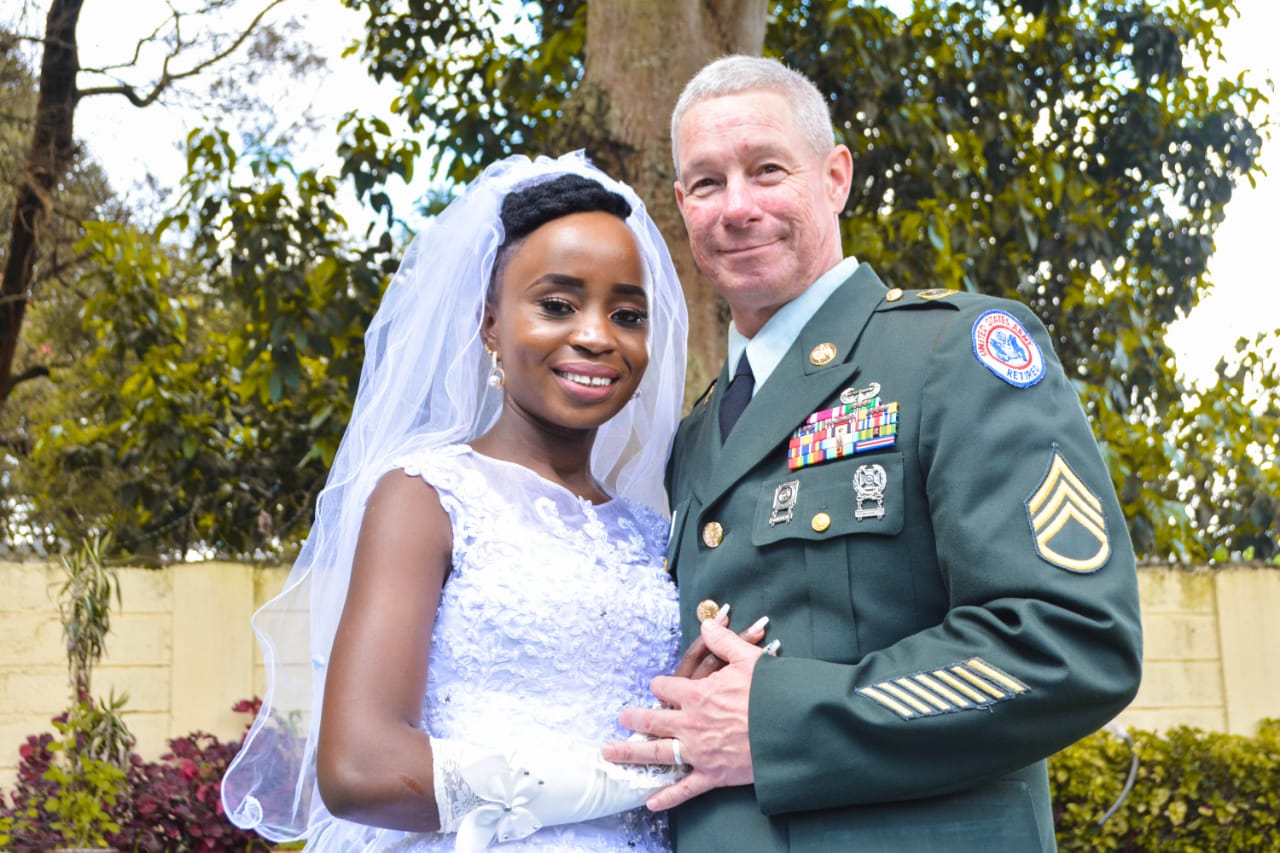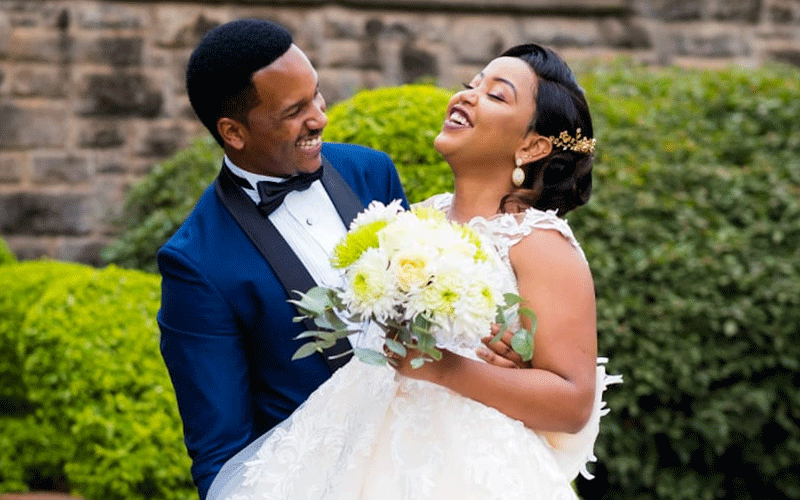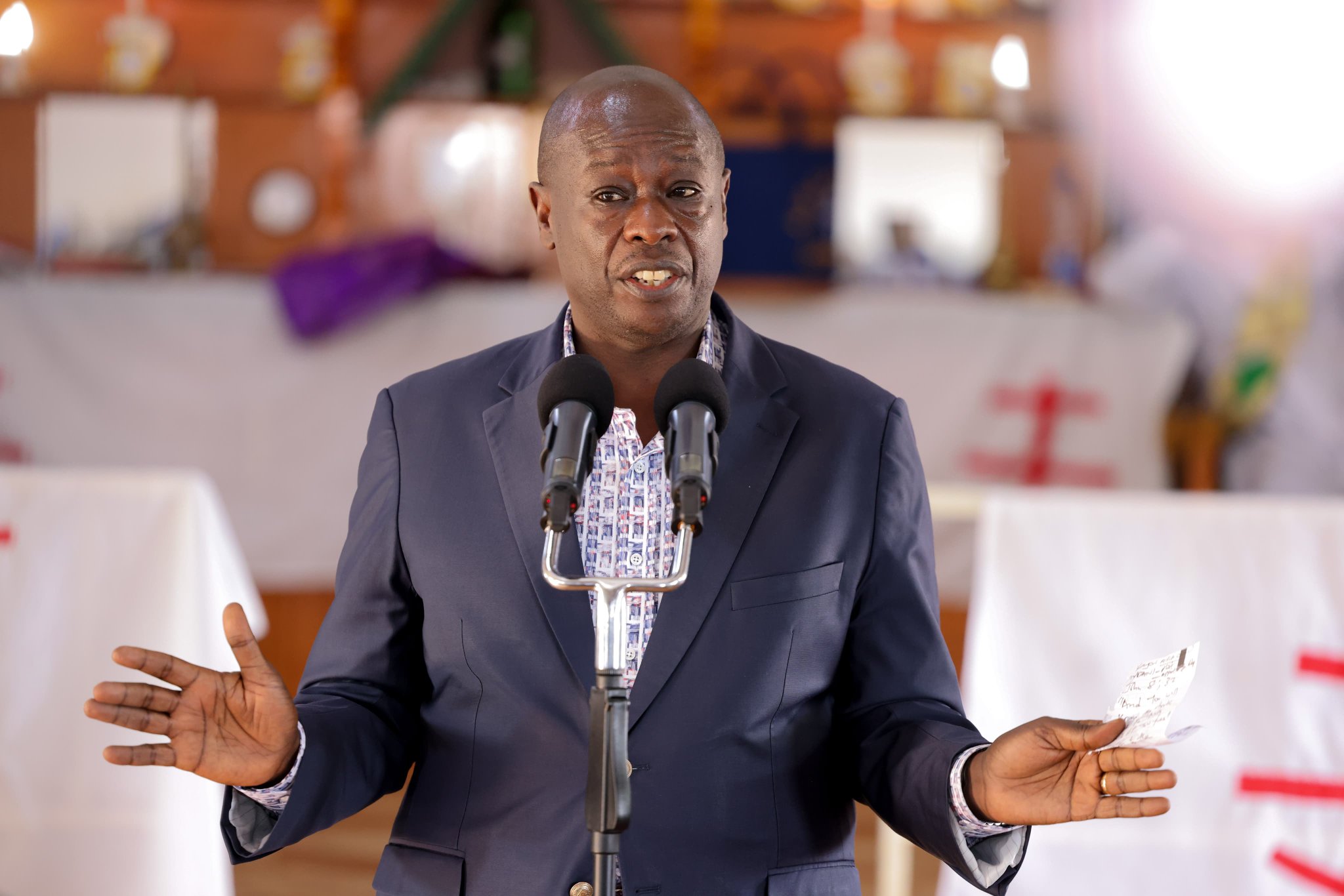Embracing partnership arrangements over marriage

Jasmine Atieno @sparkleMine
You may have heard the term partnership agreement in business. This is an agreement that governs how a business is run between partners.
It sets out terms and conditions of the relationship between the partners, including: percentages of ownership and distribution of profits and losses and description of management powers and duties of each partner, among others.
Enter partnership arrangements in relationships— you can call it an extended version of friends with benefits, but everyone knows their place.
Such is the situation between Mombasa based advocate, Lawrence Obonyo and his partner Maureen Charana. On November 28, this year, they marked a 10-year-relationship.
The colourful anniversary was held in their home in Nyali. Theirs has been and still is a ‘partnership’, mutually beneficial and happily so.
“We chose to be in partnership because we felt the need to break from the normal.
We opted to treat each other as business partners, companions, friends, and it has worked out perfectly well,” shares the advocate.
The two officially introduced their families to their relationship on the seventh year of being together.
This was a graduation of the relationship and they started living together.
“There has always been suspicion and pressure from family, but we don’t want to follow the normal cliché relationship. Pressure puts strains in a relationship.
We want to live the process and be happy in it. The parents were okay and supportive and we got their blessings,” shares Lawrence.
While it still cannot pass for a wedding, the anniversary held last month was formal enough.
Agreements were signed, though Lawrence couldn’t divulge more details about them, and registrar was there to administer oaths. This as they share, is to safeguard their future together.
“The formality is important because we are thinking of joint investments, and also for other purposes like wills. We have no children yet,” he says.
Not all rosy
Maureen is rather at home with what they have together and has no insecurities whatsoever.
“We have actually known each other for 12 years and in the relationship for now 10 years.
The time has made things even more enjoyable and beautiful and I can’t complain about any insecurity because… there is no rush for anything.
Lawrence is reassuring, trustworthy and open, so the union has been the best. We know we have each other,” says the lady of the house.
With this arrangement, everyone knows what to expect in the union.
Psychologist Faith Mutegi shares that though partnership arrangement may seem to be the best, there are cons to it. The first being, the involvement of children.
“Not everyone enters a relationship with the same expectations, there are some things that might align, others may not.
So for instance, you may have an agreement of staying together, but someone’s priorities may change over time. Especially if you get children, whether planned or unplanned.
Children may change the dynamics of the relationship. Because say, when it comes to naming, documentations of the child, among others, if it is not clear who are the caregivers, then not having a legalised union may be tricky,” shares the expert.
Also, loss such as death, need to be factored. “Basically, when you move in and you are not in a legalised union, you are just living on a prayer that everything falls in place.
A marriage certificate might come in handy during those difficult times,” she adds.
What happens if conflict shows up and the two need to part ways? At some point in the relationship the partners may be overwhelmed and decide they are not the best for each other, how do you part ways or split, who stays in the house and who moves out?
“The two of you might be okay with a partnership arrangement, but everybody else wants you to fit in a certain box.
People will ask questions such as, how sure are you that you are in a relationship?
Is it open that you can see other people? Because you will be going against the norm of the social construct, there will be a lot of external pressure. One must be strong enough to stick to their decision,” she advises.
Family therapist and counsellor, Raymond Mwaura agrees that while this kind of arrangement would work well for some, it is not left without psychological challenges.
Separation anxiety
“Their is separation anxiety, a psychological problem that is not protected by any formalisation of the union,” says Mwaura.
He intimates that in more recent times, however, adults have become increasingly diagnosed with an Adult Separation Anxiety Disorder (or ASAD).
“Separation can trigger anxiety in relationships. The positive side is that just like friends with benefits, there is reduced attachment in partnership agreements.
There is also reduced attachment of relatives and other other benefits that comes with contracting and detailed agreement based on logic not emotion,” says the expert.
Being a children advocate, Lawrence has witnessed firsthand the consequences of rushed loved affairs, which he says most of the time do not end well.
And even worse the effects on little innocent children who get caught up in custody fights.
This has convinced him more that there is a better and different option of fully living and enjoying a union, which is separate from the marriages that most people blindly settle for.













